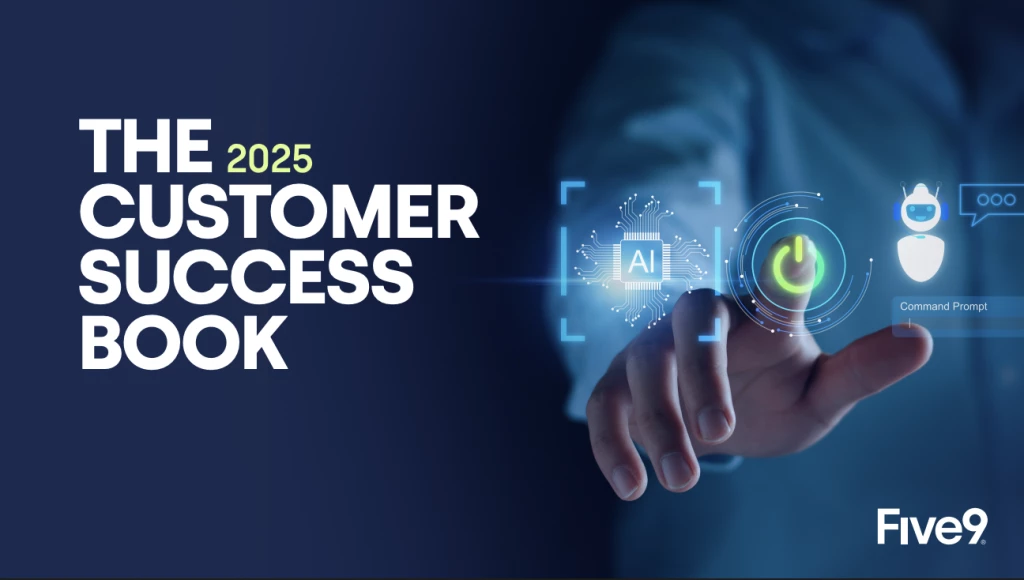Protecting Customer Data Against Digital Scams
CX leaders have a responsibility to ensure users of their digital products and services can easily differentiate between validated information and fraud.
Add bookmark
Digital has become the arena in which most of our transactions take place. As we know, this has transformed our economy and customer experiences of all kinds, giving way to new opportunities for highly personalized and efficient service. Both customers and companies reap benefits from digital exchanges, but that doesn’t mean digital is flawless. Unfortunately, the technologies that enable speed-of-light communication have progressed far faster than our ability to regulate and mediate it. When it comes to customer data, protection and security against hackers and scammers is a necessity for businesses. Even a single instance of data misuse or breach can have disastrous effects for customers and irreparably damage a brand’s reputation.
When an individual is victimized by a digital scam, they’re affected in several ways. There is the psychological impact of having to react to an emergency situation, particularly in cases where the scammer falsifies their identity by pretending to be someone the victim knows. The stigma of “falling for” a scam adds insult to injury and shakes the victim's confidence. And there are the material outcomes, which often involve paying for an online identity monitoring service. When these experiences are the result of a company’s insufficient security with their data, customers will rightfully point the blame towards the brand. In order to protect their customers and their brand’s public image, CX leaders should invest in both data protection initiatives as well as customer education initiatives.
Understanding digital literacy
The accelerated development of tools, new technologies, and AI account for part of the reason people don’t know how to use digital systems. More broadly, however, adults in 2024 have been led on and let down many times before on the basis of how technology will help them, so it is no surprise that they’re skeptical of the solutions they’re now being promised. As companies automate more customer experiences, their CX leaders must take into account what drives distrust in their digital-first initiatives, as well as the company’s role in ensuring their consumers are digitally literate enough to securely use their services. A more digitally literate society is in everyone’s best interest, and these companies have both the insights and the tools to reach people with this valuable information.
Proactivity is key
You have likely seen first-hand accounts of digital scams going around online in recent months, as these tricks and scams seem to be more creative and detailed than ever. There are stories of AI voice impersonation, phone calls that present as someone in your contacts, and seemingly unbelievable stories like the finance writer who fell for a ransom scam to the tune of $10,000. What every one of these stories has in common is the victim’s response: they never thought it would happen to them. In the analog age, scams targeting consumers were much easier to spot and altogether harder to execute without the layers of anonymization digital provides.
If the widespread sentiment is that of digital scams being more convincing and hard to identify, companies should take heed and educate their users before they become implicated in one. Communications detailing exactly how and when they will reach out to customers through digital channels, as well as the information they will and won’t ask for, are crucial. Integrating these communications early and repeatedly in the customer’s journey, as opposed to a static bulletin on the website, will ensure that the information reaches everyone.
Accommodating customers' needs
We know that self-service is the future, with 80% of customers willing to use self-service for simple issues, and 55% open to using self-service for complex problems. Still, many customers dislike or distrust automation, with 49% saying automated platforms are unhelpful. Successful CX leaders understand that customers today exist along a wide spectrum of digital literacy, and for at least the time being, they need to operate in channels that support each one of these personas.
Rushing the implementation of self-service channels can set up customers to be confused and wary of these changes. When evaluating the increased efficiency and benefits that stand to be gained from self-service, it is critical to keep customers well informed and retain their buy-in. Digital systems with confusing processes or inconsistencies in information are prime targets for scammers because they know they know many users don’t have the digital literacy to catch these inaccuracies.
Voice of the Customer is more important than ever
VoC initiatives serve many different purposes in the contact center, and the eradication of digital scams is another way they can provide value. CX leaders should be on high-alert for any customer feedback that indicates the types of discrepancies that make the company a target for scams, as well as any inklings that scammers are already targeting your customers.
For example, if multiple customers say that they’re receiving far too many email requests to update their information, it would be easy to brush this off as a standard complaint. However, by digging deeper into the exact communications going out to these specific customers, you may find that they’ve only received two emails in the past four months. We may expect that scams are revealed dramatically, but the first indications that scammers are targeting your business are often quite subtle.
Every digital company has a role to play
With so many exciting technologies and products on the market to improve customer experiences and offer better personalization than ever before, it can be challenging to parse through the noise and detect bad actors taking advantage of the fresh gaps in the digital marketplace. Leaders in IT and data security go to great lengths to ensure their systems are secure, but unfortunately that is no longer sufficient to keep your company safe from digital threats.
Educating your user base–at least on the dangers of digital scammers as they pertain to your services, but ideally, beyond that–is a necessary initiative for CX, VoC, and communications teams to collaborate on. Using information that is likely already being measured, companies can help protect their customers from scams, all while assisting in the great project of improving modern customers’ digital literacy.
Interested in learning more about how data can make or break customer trust? Register for our October Seminar Series: “Customer Trust & Data in the Digital Age” to hear from industry leaders and earn your Data-Driven Customer Experience Leader certificate.
Image by Pixabay on Pexels.




























